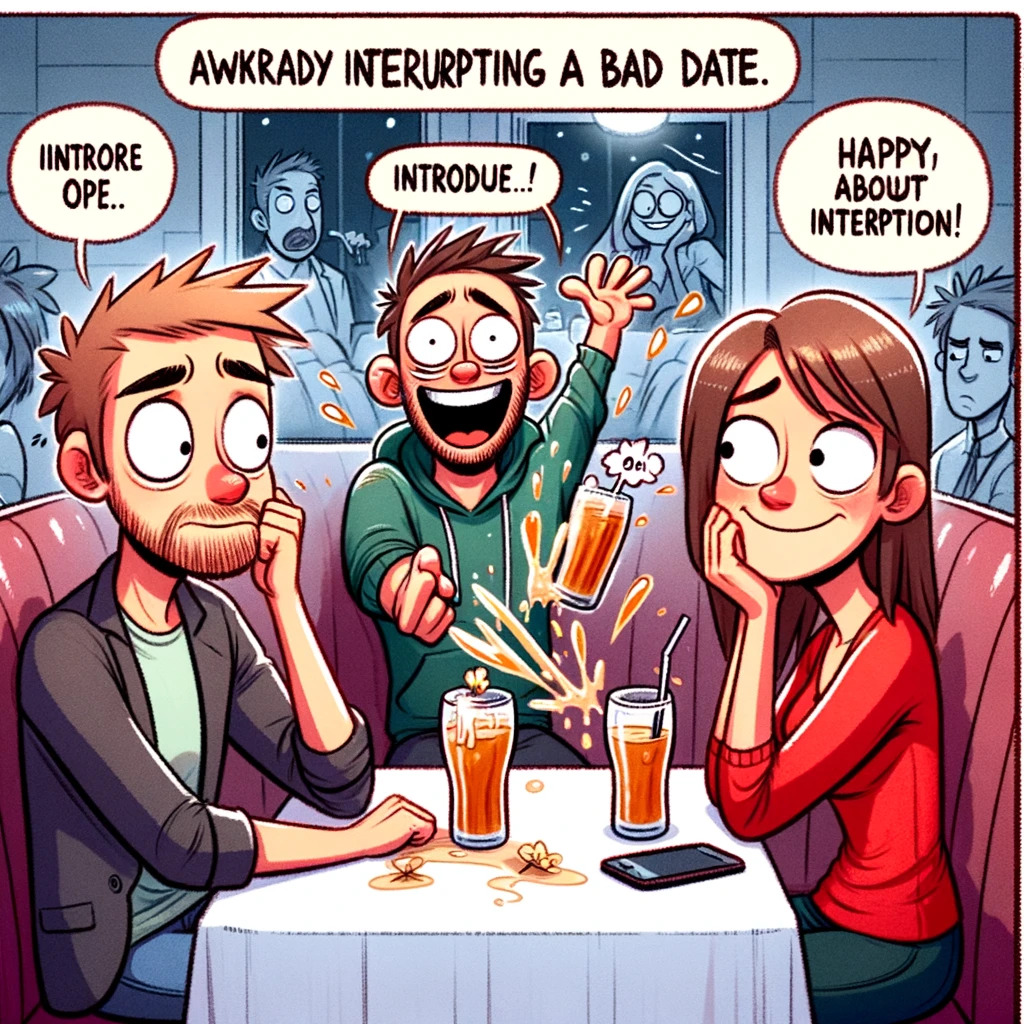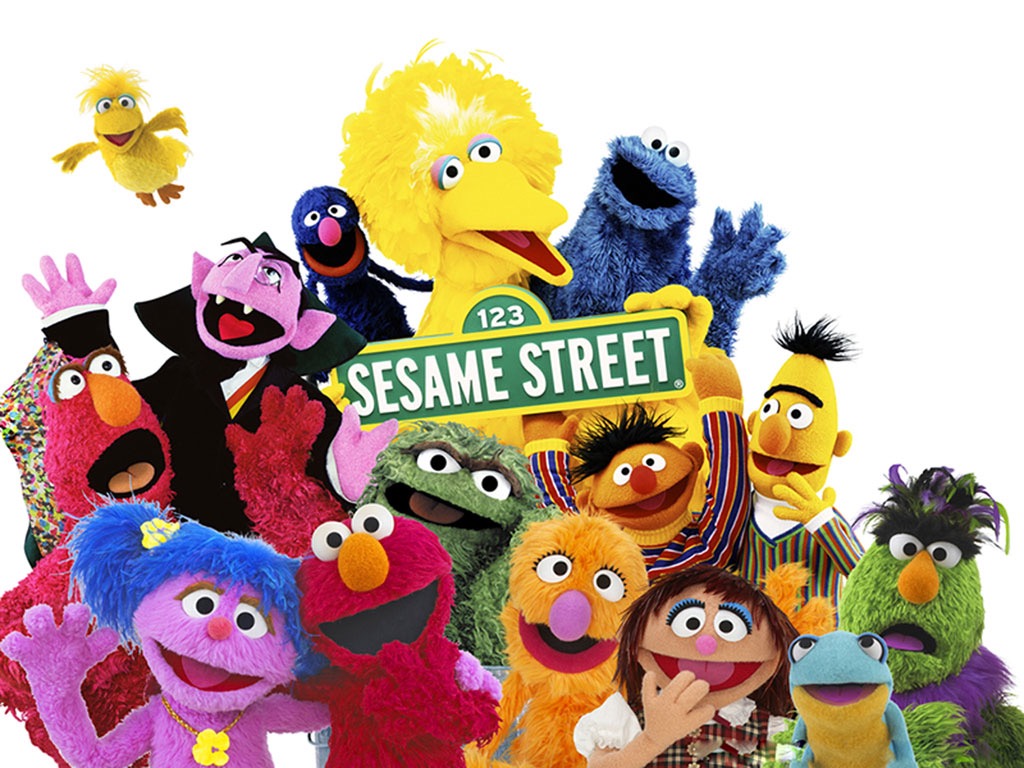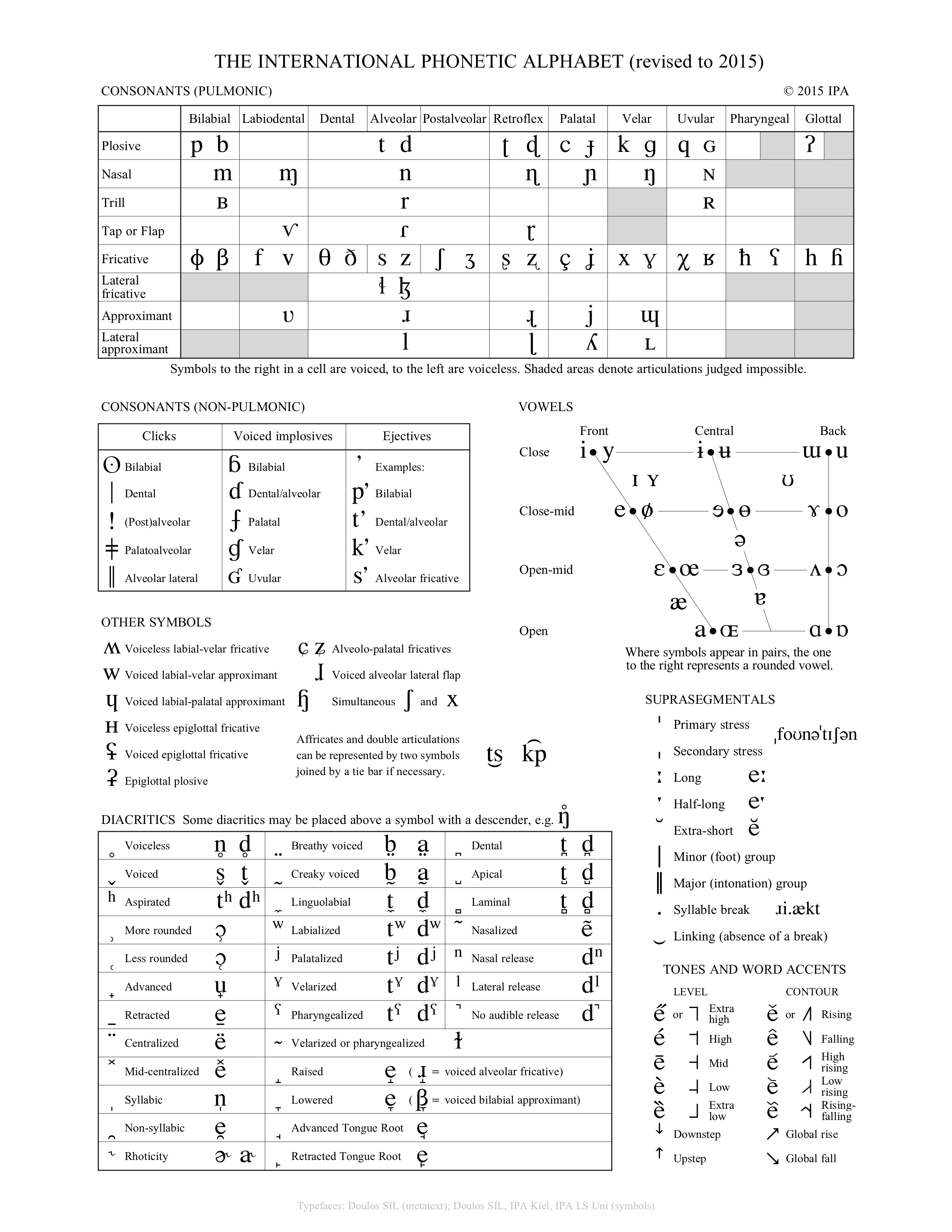
Sometimes it can help to teach and learn from others
Don’t trust an answer you don’t fully understand
Bad answers often ‘go viral’
I can usually tell a study group by the patterns of weird errors
“Somebody who was very wrong thought they were very right!”
The very best study group is office hours!
If you have a minimal pair where the meaning changes, the sounds are different phonemes and your work is done. Always.

0: Check for Minimal Pairs, if none…
1: Collect all the environments the sound you’re interested in can occur in
2: State the distribution of the sounds.
3: Decide which allophone is the basic underlying form
4: Write rules to derive the other allophone(s) from it based on environment
Write down what follows and precedes them
Use __ to help focus your brain on the context
“This one occurs before/after/around/near __”
Sometimes you can only describe where one happens
Test hypotheses!

Choose the one you can’t predict
Often it’s the “everywhere else” allophone
Adjacent sound or sounds
Adjacent types of sound
Word boundaries
Syllable boundaries
Sounds or later earlier in the word
They’re in a complementary distribution
You can predict which one will show up based on the environment
How do I express that prediction to somebody else?
You describe the distribution of the allophones of a phoneme with phonological rules
“X turns into Y in environment Z”
“X -> Y” means “X turns into Y”
Then the “/” which means “in the environment”
Then you add a blank, representing where the sound goes that’s getting transformed “__”
… And you position that blank relative to the conditioning environment.
/n/ -> [ŋ] / __ [velar sounds]
If it happened after velar sounds…
/n/ -> [ŋ] / [velar sounds] __
“#” means “the boundary of a word”
“V” means “any vowel”
“C” means “any consonant”
“ø” means “Nothing”
A /t/ being deleted is /t/ -> ø / …
A /t/ being inserted is ø -> [t] / …
/t/ -> [t̪] /__[dental C]
/ej/ -> [ej:] / __[+voice]
/V/ -> [Ṽ] / __[nasal]
Bruce Wayne –> Batman / [Crime]__[Crime]
These groups will all share a ‘feature’
[stops] -> [fricatives] / __[back vowels]
Any group of sounds which share an articulatory feature can be called a ‘natural class’
We’ll talk more about these next time
These are chunks of meaning (‘morphemes’) like the plural /s/ or past tense /d/ which change depending on nearby sounds
The English plural “s” can be [s], [z], or [ɪz]
The English past tense “ed” can be [t], [d], or [əd]
| [l] | Gloss | [n] | Gloss |
|---|---|---|---|
| [lʲet] | ‘year’ | [sin] | ‘son’ |
| [lʲublʲu] | ‘I love’ | [nʲet] | ‘no’ |
| [slon] | ‘elephant’ | [maʃina] | ‘car’ |
| [dʲelal] | ‘did’ | [novʲi] | ‘new’ |
| [bʲeli] | ‘white’ | [rajon] | ‘district’ |
| [d] | Gloss | [ð] | Gloss |
|---|---|---|---|
| [daɲo] | ‘damage’ | [kaða] | ‘each’ |
| [pared] | ‘wall’ | [seða] | ‘silk’ |
| [red] | ‘network’ | [reðes] | ‘networks’ |
| [dentro] | ‘inside’ | [oða] | ‘ode’ |
| [vendo] | ‘I sell’ | [kaðena] | ‘chain’ |
/d/ -> [ð] / V__V
Also, /b/ -> [β] / V__V
And, /g/ -> [ɣ] / V__V
“Voiced stops become fricatives at the same place of articulation between vowels”

Review
Common Phonological Processes
Natural Classes
Let’s work some problems!
The Smallest Contrastive Unit of Sound in a language, in a contrastive distribution with other phonemes in the language
Changing phonemes changes meanings, and is perceptible (and often confusing!) for listeners of a language
Changing between phonemes creates…
Two words with different meanings which differ by a single sound, indicating that those sounds are different phonemes
Think “boot” and “boon”, or “Niña” and “Piña”
Different surface-level expressions of the same phoneme, which alternate depending on the environment, in a complementary distribution
Which allophone you get is dictated by a rule
Think about [ej] and [ej:] or the many realizations of /t/ in English
The sound which you decide is the ‘base’ form, from which rules create the other allophones
This is a strategic decision. Choose the form that lets you write the fewest, cleanest rules.
Different versions of morphemes which are swapped predictably based on the sound environment.
Think the many plurals of English,
Where a group of sounds can replace each other, or not, and there’s no pattern, just chaos
Don’t worry about this for LIGN 101, we won’t give you Free Variation on homeworks or exams
They can be independent phonemes
They can be rule-governed allophones
They can chaotically switching free variation
Minimal pairs
Speakers hear them as ‘entirely distinct’
There’s no pattern besides changes in meaning which predicts their distribution
Changing the environment causes the sounds to alternate
The two sounds are predictable
Speakers hear switching between them as ‘a different way of saying’ the same thing
‘_’ replaces the sound which is being changed
‘#’ means ‘word boundaries’
Schwa (/ə/) is a reduced form of a different vowel
Wedge (/ʌ/) is a specific vowel, with its own identity
Assimilation
Dissimilation
Insertion / Epenthesis
Deletion / Elision
When sounds change to become more like one another
This is basically Peer Pressure

“Come on, we’re all being dental, you should try it too!”
“Pine thugs” -> [pajn̪ θʌgz]
“Pine guys” -> [pajŋ gajz]
When other phones in a word change to match the nasality of a nasal segment

“If I’m going to be nasal, you’re all going to be nasal with me, damnit!”
From Epena Pedee, in Rose, S. and Walker, R. (2011). Harmony Systems. In The Handbook of Phonological Theory (eds J. Goldsmith, J. Riggle and A. C. Yu). doi:10.1002/9781444343069.ch8
This also happens with vowels (e.g. Turkish) and elsewhere
When vowels change to match the other vowels in the word
This means that vowels in a word must be either all back or all front

Türkiye’-dir - ‘it is Turkey’
kapı-dır - ‘it is the door’
gül-dür - ‘it is the rose’
palto-dur - ‘it is the coat’
The vowel in the last syllable changes depending on the other vowels!
When sounds change to become less like one another

The third rural bird juror murderer demurred.
“Colonel” is pronounced /kəɹnəl/
“Purple” comes from “purpure”
“surprise” /səɹpɹajz/ is usually /səpɹajz/, same with “berserk” and “february”
When a sound pops up to prevent an awkward or undesirable combination
Basically, showing up on a friend’s bad date

/dɪʃ/ + /s/ -> [dɪʃɪz]
/ɹat/ + /d/ -> [ɹaɾɪd]
The vowel ‘pops in’ to stop /ʃs/ and /td/ from being a thing
Languages also LOVE to epenthesize to stop VV
When a sound is removed to stop an awkward or undesirable combination from occurring
Basically, uninviting your friend’s ex from the party

Fifth, /fɪfθs/ -> [fɪθs]
Family, /fæmɪli/ -> [fæmli]
Natural, /næt͡ʃəɹəl/ -> [næt͡ʃɹəl]
Assimilation (Peer Pressure)
Dissimilation (Rebellion)
Insertion / Epenthesis (Showing up on a friend’s date)
Deletion / Elision (Uninviting and unfriending)
They’re all awesome
… but those four are super common
Assimilation
Dissimilation
Insertion / Epenthesis
Deletion / Elision
Dissimilation
Insertion / Epenthesis
Deletion / Elision
[z] after /j g d ɹ n w b m ð l i aj v u ow/
[s] after /t p k f θ/
[ɪz] after /tʃ dʒ s ʃ z/
Lists are inefficient
Lists treat these phenomena as unmotivated
Lists disguise relationships among sounds
Lists aren’t graceful
Phonology is not just algebra with symbols
Your IPA chart is not just an arbitrary scattering of sounds
Phonetic motivation for changes is often based on geography

/s/ is the only voiceless sound, all the rest are voiced sounds
/n/ is the only nasal sound, all the rest are oral
/i/ is the only vowel, all the rest are consonants
/s/ is the only voiceless sound
/ŋ/ is the only nasal
/ɔ/ is the only back vowel, all the rest are front vowels
/ɔ/ is the only rounded vowel, all the rest are unrounded
/k/ is the only non-alveolar sound
/n/ is the only nasal sound, all the rest are oral
A set of speech sounds in a given language that is able to be uniquely, completely, and succinctly described in terms of the shared phonetic (“natural”) properties of its members.

Voiceless stops (English & Spanish): [p, t, k]
Voiced fricatives (English): [v, ð, z, ʒ]
Voiced fricatives (Spanish): [β, ð, ɣ]
Front vowels (English): [iː, ɪ, eɪ, ɛ, æ]
Front vowels (Spanish): [i, e]
Common rows, columns, or regions on the IPA chart
Anything where you can say ‘these share a feature in speech production’
Knowing the IPA is hugely helpful in phonology!
Natural classes can be the ‘targets’ of rules
Natural classes can ‘trigger’ rules
Very often, rules will act on groups of sounds which share features
| Falsificato | English | Falsificato | English |
|---|---|---|---|
| iji | blacksmith | uwu | small |
| kaju | monster | jaja | laughter |
| howaj | sacred | buwe | marker |
| owowi | surprise | jobowni | person |
This implies that ‘/j/ -> [j] / everywhere else’
You don’t have to write the second part, it’s assumed
| Fakodata | English | Fakodata | English |
|---|---|---|---|
| taʃa | kitten | svitat | bird |
| pladna | tack | padme | princess |
| midna | companion | tatanka | buffalo |
| redmat | rhythm | krita | painter |
| sitka | tree | gjatzo | ocean |
| Falsificato | English | Falsificato | English |
|---|---|---|---|
| iji | blacksmith | dadeja | paternity |
| jadas | talking | jowonda | vision |
| kaju | monster | sijesda | sleep |
| hodil | invest | buwed | markers |
| meda | technocrat | jajas | laughing |
| Beeyessa | English | Beeyessa | English | Beeyessa | English |
|---|---|---|---|---|---|
| tint | dark | asint | less dark | intint | darker |
| tas | fast | asas | less fast | intas | faster |
| tust | terrifying | asust | less terrifying | intust | more terrifying |
| tontin | cute | asontin | less cute | intontin | more cute |
| tejki | nerdy | asejki | less nerdy | intejki | nerdier |
This is the best answer
[t] shows up in many more contexts than [s], so it’s underlying!
It is incorrect to say something like ‘/t/ becomes [s] in ’less’ words’.